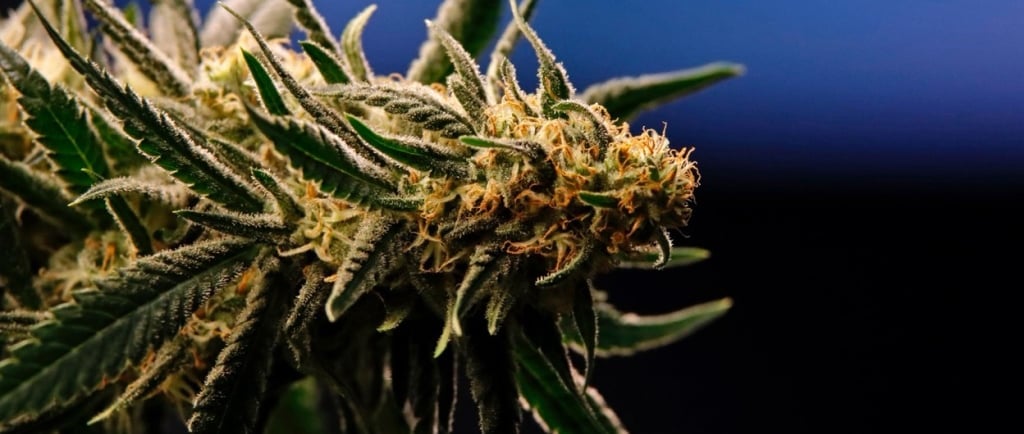Can CBN Cause a Positive Drug Test? What You Need to Know
CBN is often used for better sleep, but did you know it might trigger a positive THC drug test? Learn how this lesser-known cannabinoid could affect your results and what to consider before using it.
HEALTH & WELLNESS
2/14/20251 min read


The cannabis industry is more complex than ever, with new cannabinoids emerging and regulations shifting. While many people are familiar with THC—the compound responsible for the cannabis high—others, like cannabidiol (CBD), cannabigerol (CBG), and cannabinol (CBN), are gaining popularity for their wellness benefits.
CBN, in particular, is often marketed as a sleep aid, with preliminary studies suggesting it may promote more restful slumber. However, recent research raises concerns for individuals who undergo drug testing.
A 2020 study examined whether common drug tests could mistakenly detect non-psychoactive cannabinoids as THC. Researchers introduced isolates of CBD, CBG, CBC, and CBN into THC-negative patient samples to see if they would trigger a positive result. While CBD, CBG, and CBC showed no issues, two commercial drug tests—EMIT II Plus assay and the Microgenics MultiGent—flagged CBN as THC at high enough concentrations.
The EMIT test required five times more CBN than THC to reach the cutoff for a positive test, while the Microgenics assay needed a 20-to-1 CBN-to-THC ratio. This means that individuals taking large amounts of CBN or using it regularly could accumulate enough in their system to fail a drug test—despite never consuming THC.
For those subject to drug testing for employment, housing, or other reasons, CBN products may carry unexpected risks. While better sleep is valuable, the potential consequences of a positive drug test may not be worth it. If you’re concerned, consult with your employer or a legal professional before incorporating CBN into your routine.
Get in touch
Contacts
754-346-4421
book@drboorstein.com
